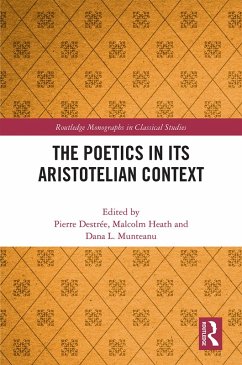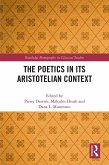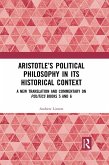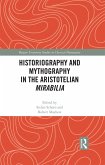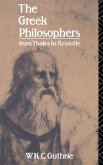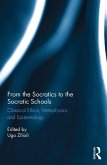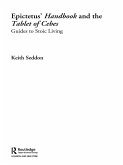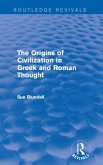In the past, contextualization has most commonly been used by scholars in order to try to solve the meaning of difficult concepts in the Poetics (such as catharsis, mimesis, or tragic pleasure). In this volume, rather than looking to explain a specific concept, the contributors observe the concatenation of Aristotelian ideas in various treatises in order to explore some aesthetic, moral and political implications of the philosopher's views of tragedy, comedy and related genres. Questions addressed include: Does Aristotle see his interest in drama as part of his larger research on human natures? What are the implications of tragic plots dealing with close family members for the polis? What should be the role of drama and music in the education of citizens? How does dramatic poetry relate to other arts and what are the ethical ramifications of the connections? How specific are certain emotions to literary genres and how do those connect to Aristotle's extended account of pathe? Finally, how do internal elements of composition and language in poetry relate to other domains of Aristotelian thought?
The Poetics in its Aristotelian Context offers a fascinating new insight to the Poetics, and will be of use to anyone working on the Poetics, or Aristotelian philosophy more broadly.
Dieser Download kann aus rechtlichen Gründen nur mit Rechnungsadresse in A, B, BG, CY, CZ, D, DK, EW, E, FIN, F, GR, HR, H, IRL, I, LT, L, LR, M, NL, PL, P, R, S, SLO, SK ausgeliefert werden.

